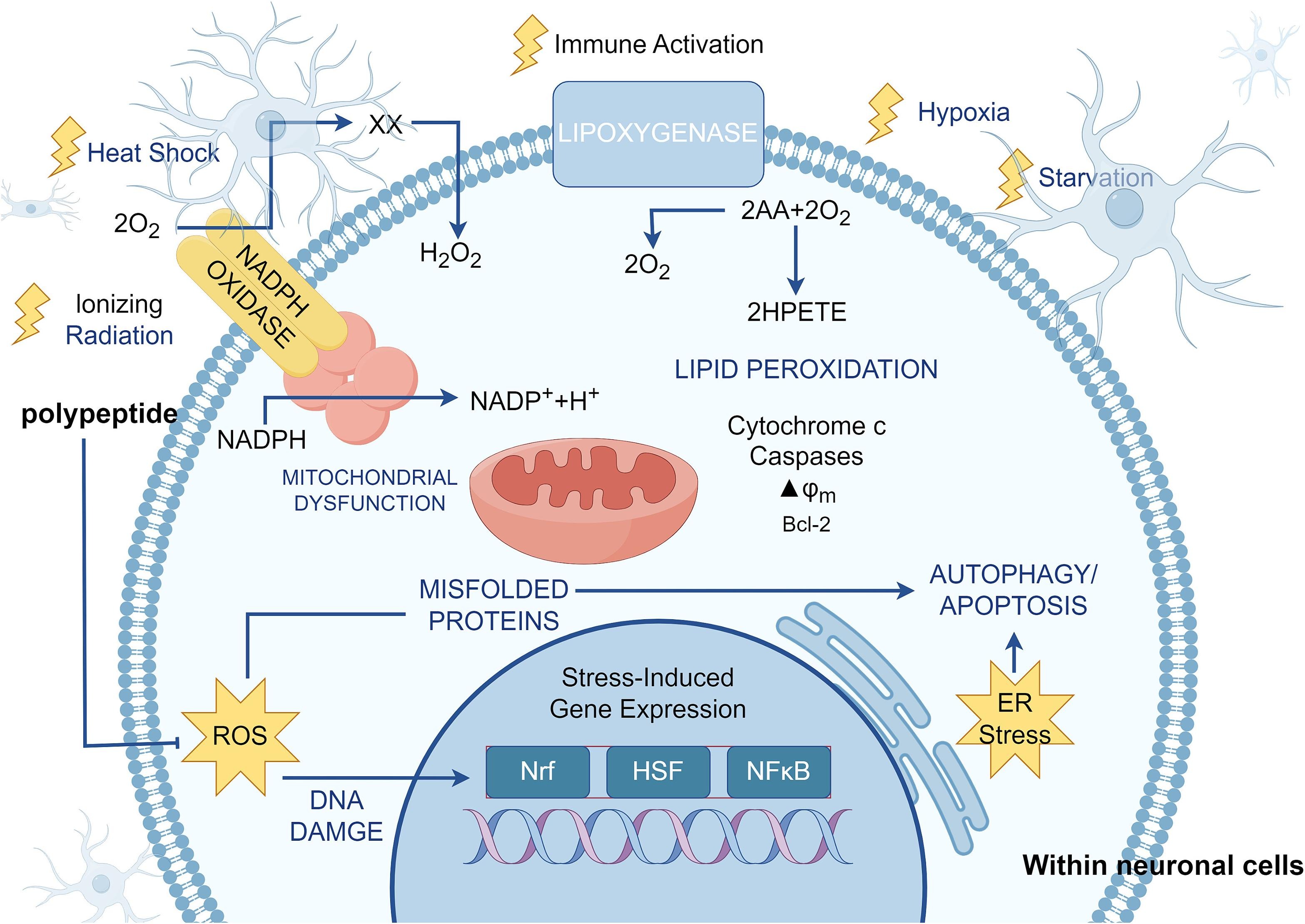International Journal of Educational Development, Volume 110, October 2024
Societal Impacts, Volume 4, December 2024, 100087
As Thailand is increasingly facing climate crisis, production damage, and economic loss for farmers, alternative solutions for driving sustainable farming are needed, but not all Thai farmers can adopt sustainable farming systems, particularly smallholder farmers. To address sustainable farming for smallholder farmers, we examine the development of a cross-border supply chain between Japanese farmers knowledgeable in sustainable agricultural practices and less experienced Thai farmers.
Current Developments in Nutrition, Volume 8, October 2024
Cities, Volume 153, October 2024

